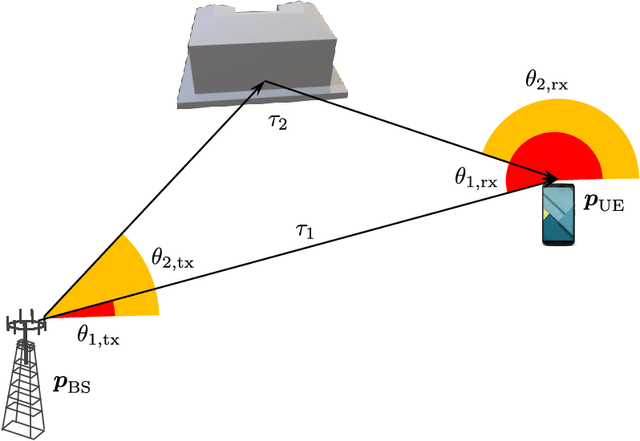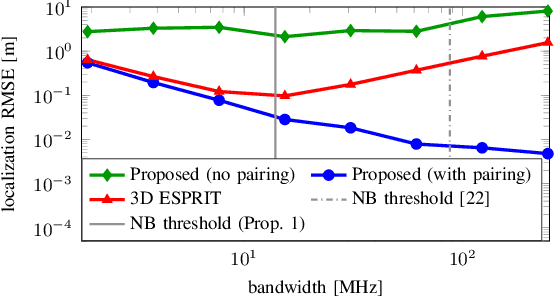Shudi Weng
Coding-Enforced Resilient and Secure Aggregation for Hierarchical Federated Learning
Jan 25, 2026Abstract:Hierarchical federated learning (HFL) has emerged as an effective paradigm to enhance link quality between clients and the server. However, ensuring model accuracy while preserving privacy under unreliable communication remains a key challenge in HFL, as the coordination among privacy noise can be randomly disrupted. To address this limitation, we propose a robust hierarchical secure aggregation scheme, termed H-SecCoGC, which integrates coding strategies to enforce structured aggregation. The proposed scheme not only ensures accurate global model construction under varying levels of privacy, but also avoids the partial participation issue, thereby significantly improving robustness, privacy preservation, and learning efficiency. Both theoretical analyses and experimental results demonstrate the superiority of our scheme under unreliable communication across arbitrarily strong privacy guarantees
Heterogeneity-Aware Client Sampling: A Unified Solution for Consistent Federated Learning
May 16, 2025Abstract:Federated learning (FL) commonly involves clients with diverse communication and computational capabilities. Such heterogeneity can significantly distort the optimization dynamics and lead to objective inconsistency, where the global model converges to an incorrect stationary point potentially far from the pursued optimum. Despite its critical impact, the joint effect of communication and computation heterogeneity has remained largely unexplored, due to the intrinsic complexity of their interaction. In this paper, we reveal the fundamentally distinct mechanisms through which heterogeneous communication and computation drive inconsistency in FL. To the best of our knowledge, this is the first unified theoretical analysis of general heterogeneous FL, offering a principled understanding of how these two forms of heterogeneity jointly distort the optimization trajectory under arbitrary choices of local solvers. Motivated by these insights, we propose Federated Heterogeneity-Aware Client Sampling, FedACS, a universal method to eliminate all types of objective inconsistency. We theoretically prove that FedACS converges to the correct optimum at a rate of $O(1/\sqrt{R})$, even in dynamic heterogeneous environments. Extensive experiments across multiple datasets show that FedACS outperforms state-of-the-art and category-specific baselines by 4.3%-36%, while reducing communication costs by 22%-89% and computation loads by 14%-105%, respectively.
Cooperative Gradient Coding for Collaborative Federated Learning
Apr 15, 2024



Abstract:We investigate federated learning (FL) in the presence of stragglers, with emphasis on wireless scenarios where the power-constrained edge devices collaboratively train a global model on their local datasets and transmit local model updates through fading channels. To tackle stragglers resulting from link disruptions without requiring accurate prior information on connectivity or dataset sharing, we propose a gradient coding (GC) scheme based on cooperative communication, which remains valid for general collaborative federated learning. Furthermore, we conduct an outage analysis of the proposed scheme, based on which we conduct the convergence analysis. The simulation results reveal the superiority of the proposed strategy in the presence of stragglers, especially under imbalanced data distribution.
Wideband mmWave Massive MIMO Channel Estimation and Localization
Sep 18, 2022


Abstract:Spatial wideband effects are known to affect channel estimation and localization performance in millimeter wave (mmWave) massive multiple-input multiple-output (MIMO) systems. Based on perturbation analysis, we show that the spatial wideband effect is in fact more pronounced than previously thought and significantly degrades performance, even at moderate bandwidths, if it is not properly considered in the algorithm design. We propose a novel channel estimation method based on multidimensional ESPRIT per subcarrier, combined with unsupervised learning for pairing across subcarriers, which shows significant performance gain over existing schemes under wideband conditions.
 Add to Chrome
Add to Chrome Add to Firefox
Add to Firefox Add to Edge
Add to Edge